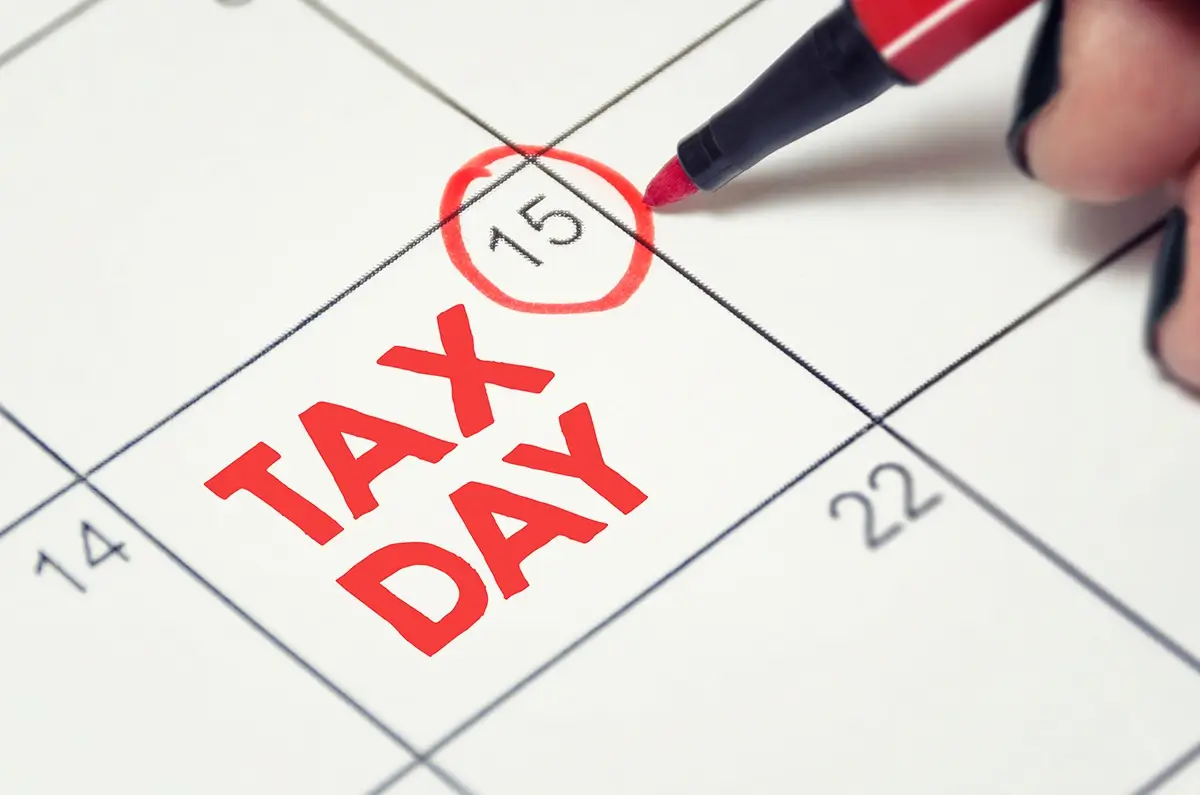You may not be looking to own or run a business or even manage other people’s money; but when it comes to understanding and managing your own finances, there are basic terms to know. This knowledge will help you communicate effectively regarding any accounting that you may have to deal with.
General ledger
The general ledger is part of the bookkeeping log or ledger that shows the balance sheet and income financial statements. This is where business transactions are listed, such as credit or cash purchases, office supplies, general expenses, and income loss.
Assets
Assets are the means that you, as a business, have accumulated with 100% ownership, with no loans and no liens. This includes cash, investments, buildings, goods, accounts receivable, warehouse inventory, equipment, and materials.
Balance sheet
The balance sheet is vital for business evaluation and survival. It basically gives you a picture of the financial status of your business. It records the basic accounting formula of assets = liabilities + stockholder equity / capital at a certain point in time. Either monthly, quarterly, or yearly.
Trade discount
A trade discount is an amount discounted due to the volume of goods given in lieu of the full price. Buy more, save more!
Trial balance
The trial balance is recorded in the ledger for all credits and debits, per account. The sheet must balance – debits must equal credits.
Loss
A loss is when your expenses outweigh your profits, such as when your business offers a service or product and it sells for less than the cost of producing/shipping/supplying it.
Receipts
Receipts is the total amount of money collected in business transactions in one day.
Gross margin
The Gross margin is the amount of sales minus the costs involved to produce the product, run the business, and supply the service or product.
Revenue
Income and revenue are essentially the same thing – the total amount of cash, credit purchases, incoming payments, interest, fees collected at a certain point in time.












